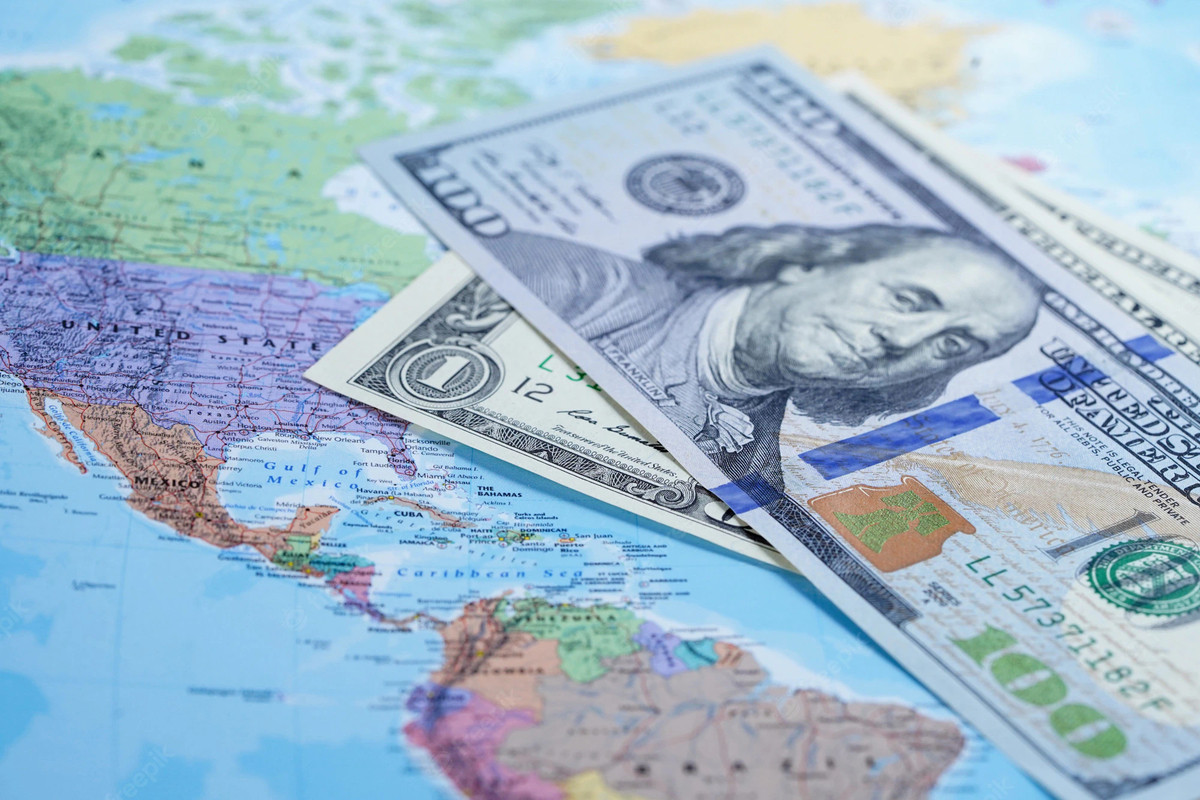
The growing risk of a global recession is fuelling demand for the greenback. However, a strong dollar is one of the reasons for the slowdown in global economic growth.Since the start of the year, the dollar has soared by 7% against a basket of the world's six major currencies. Recently, the US dollar has received considerable support from the increased threat of a recession.Investors rushed to buy dollars as a safe haven amid global economic uncertainty: the ongoing military conflict in Eastern Europe and continued lockdown in China.Greenback now looks much more attractive than not only risk assets (equities and cryptocurrencies) but also traditional hedge instruments. It is preferred to gold and protective currencies such as the euro, yen and Swiss franc.The dollar's credibility has been greatly boosted this year by the hawkish policies of the US Federal Reserve. To reduce high inflationary pressures, the regulator has launched an aggressive series of interest rate hikes.The rapid pace set by the Fed is a big problem for many other economies around the world. The US central bank's counterparts are lagging far behind, causing their currencies to weaken against the dollar.Last week, the euro fell to a new 5-year low and the Swiss franc reached parity with the US dollar for the first time since 2019.Earlier, the Japanese yen also fell against the dollar to a record low of 20 years. Analysts are now reporting the possibility of official intervention by the BOJ in an attempt to protect its currency peg.There is talk of intervention in emerging economies as well, which suffer most from the dominance of the dollar. However, it is not the only way for them to ease the decline in currencies.In order to support their monetary units, banks in India and Malaysia suddenly raised interest rates this month. The problem is that they took this step when they were in a much weaker economic position than the US.In the current environment, too aggressive monetary tightening, including in the US, is adding to already high anxiety about a potential economic slowdown.According to the latest forecast from the Institute of International Finance (IIF), global GDP is not expected to rise this year. There are several reasons for this: an approaching recession in Europe, an economic downturn in China, but the main one is a sharp rise in interest rates in the US.Analysts warn that the impact of the Fed's policy tightening will be felt almost everywhere as a rising dollar will continue to increase borrowing costs and boost volatility in financial markets.Moreover, emerging Asian economies, which have historically relied on a strong yuan, will be hit hardest by the pressure of the dollar.Of course, the recent sharp collapse of the Chinese currency has more to do with China's gloomy economic outlook than with the Fed's course.However, the yuan's trend break has already cracked the shield protecting Asia's currencies from the strong dollar and accelerated their weakening last month.
 English
English 
 Русский
Русский Bahasa Indonesia
Bahasa Indonesia Bahasa Malay
Bahasa Malay ไทย
ไทย Español
Español Deutsch
Deutsch Български
Български Français
Français Tiếng Việt
Tiếng Việt 中文
中文 বাংলা
বাংলা हिन्दी
हिन्दी Čeština
Čeština Українська
Українська Română
Română

